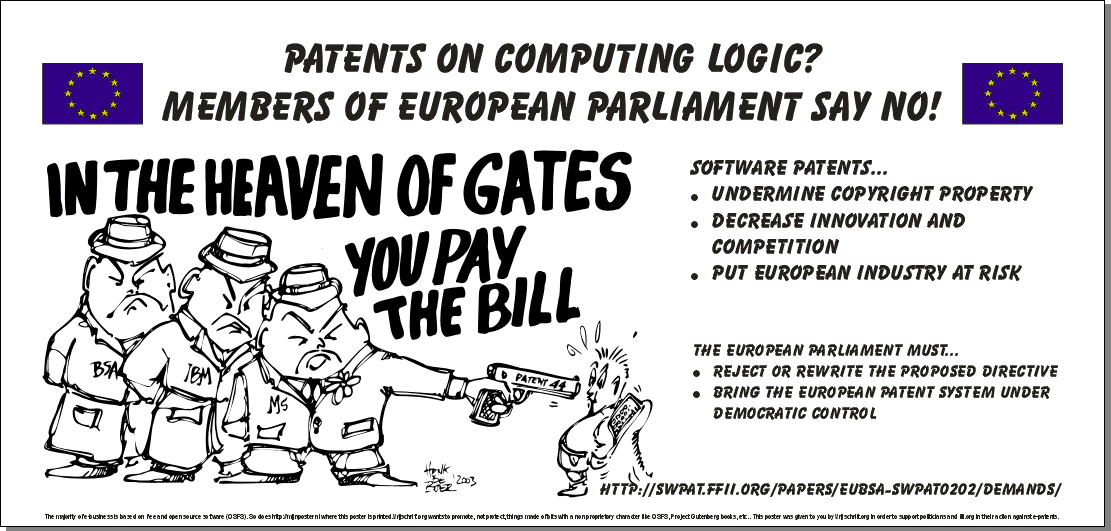|
Gmail and other stories from googleland much has been recently written about google's free 1GB email for the masses and what it actually means with respect to google's overall future b-plans. there's justified widesperad concern over gmail's privacy policy, as the already infamous policy makes it crystal clear that google, among other things, has every right to read and use your emails in order to advertise to you as effectively as possible. as of last night when i last checked, gmail remains an idea yet to materialise. it's definitely something to be expected to go live in the forthcoming days, especially given the huge number of people interested in been given a massive email account for free, but despite all that, you can't sign up for it yet (but you can suscribe for more news). anyhow, i'm more interested in what it'll come to mean for us all now that some pieces of the puzzle are laid open on the table. let's sum it up then: google has the best search engine, a very successful social networking service, one of the two most popular hosted weblogging services, and big plans for the future including gmail, froogle, location-based services, a long awaited IPO and then some. of all these, the only thing that stands a good chance of becoming a cash cow is location-aware services and its much anticipated IPO. but that doesn't shed any light on what google is actually becoming: an infomediary - or rather, the first and only infomediary around (if you wish to delve more deeply into the controversial subject of infomediaries, the best (and only?) book on this subject is hagel and singer's net worth). i still reckon google could easily capitalise on linux, selling it as a service or as a product or as both (i've written about it in greater length here; and kottke, among others, agrees with me), but the potential revenue that the google-linux marriage could bring is only peanuts when compared to the massive potential of the infomediary business. what is an infomediary? it's someone you trust with your personal data and who'll guarantee you the level of privacy you seek. it's someone who'll play suppliers/vendors against each other in order to buy things on your behalf at the best price available (it'll aggregate its clients' purchasing power to get the best deals). it'll offer you personalised information, ads (indeed, it may even pay us real money to be exposed to these ads), products and services. what are the requirements? first, for the infomediary business to flourish, numbers matter more than anything - it needs a massive clientelle. but i suppose google is already building this asset, and path dependent currents will ensure its user base will keep increasing. the other crucial requirement is knowledge of customer behaviour. and google reads our thoughts through our blogger-hosted blogs. as jason kottle says:
UPDATE 1: forbes reviews gmail and /. has another vibrant threaded discussion UPDATE 2: 9:02:42 PM |
|
marching off the spreadsheet the brilliant paul ford nails it again:
via tom harpel 3:03:33 PM |
|
have you seen Jon Husband? UPDATE 1: the wirearchy blog is back online. good sign. 2:59:59 PM |




